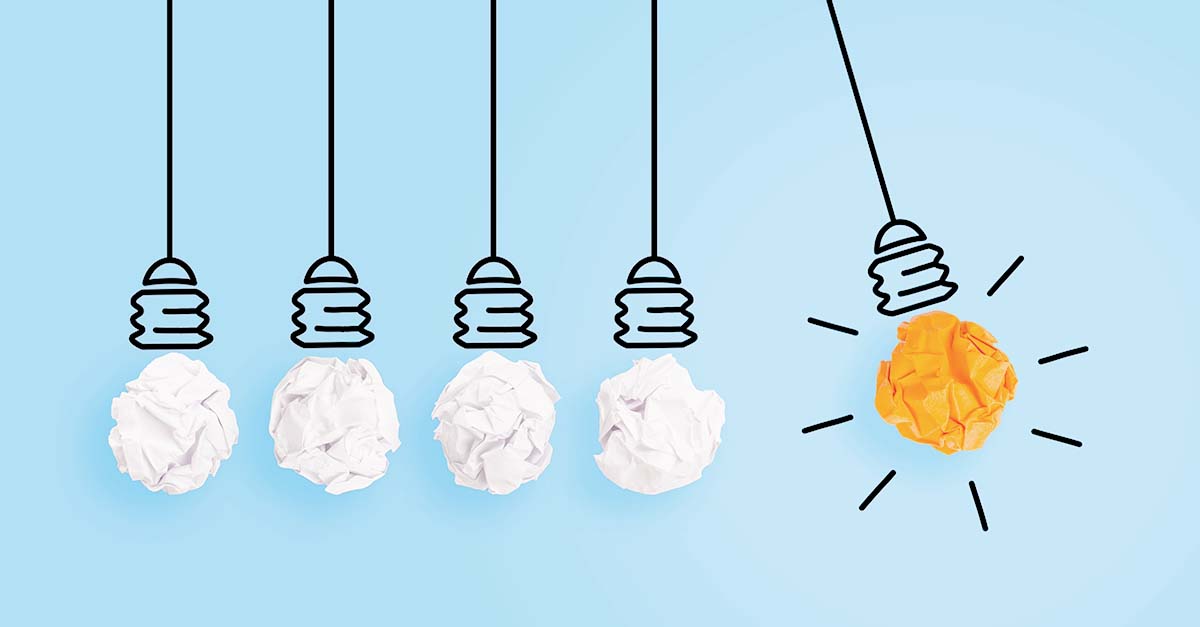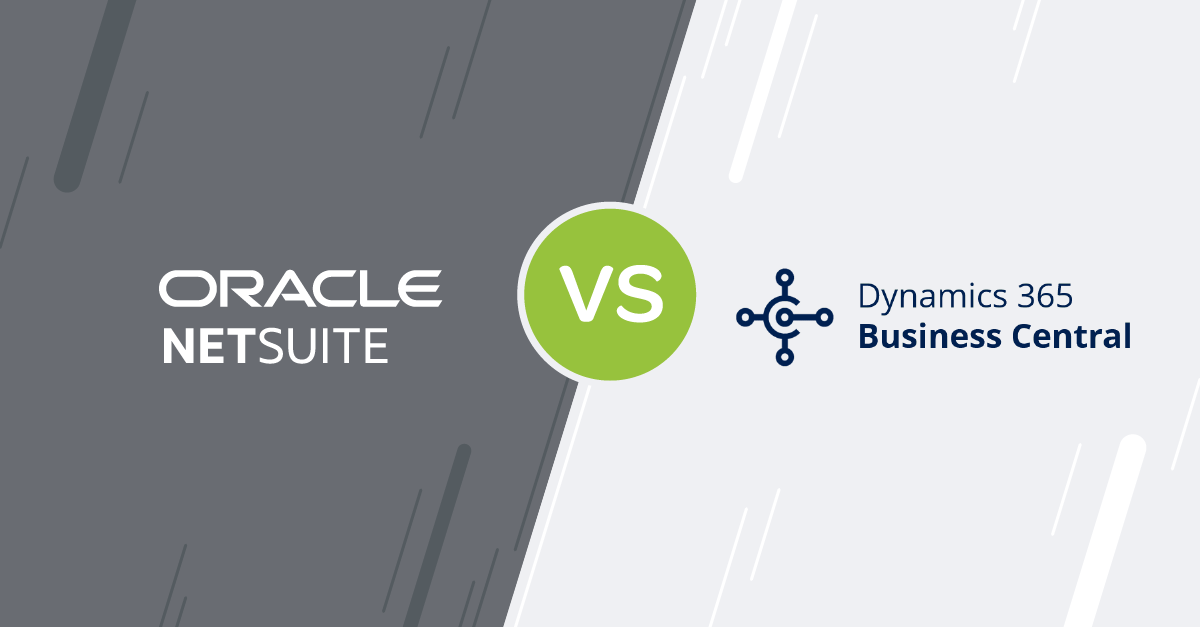Blog
Share this
7 Signs Your Business Needs an ERP Upgrade

by Jalene Ippolito on January 04, 2023
Few businesses remain the same year after year. One of the big draws of ERP software is that it can grow with your business. So, if you already have an ERP system you might be wondering – “Why would we upgrade to a new one?”.
When our customers upgrade to ERP, it’s usually because their legacy ERP solution didn’t keep pace with the changes in their company. Just like any other software, an ERP system can become outdated and may no longer meet the needs of a business.
In fact, 50 percent of companies are soon upgrading or planning to update their ERP systems.
These are the seven big signs to watch for in your own business – if any of these are true for you, it could be time to consider an ERP upgrade.
1. Your current ERP system is unsupported
If your ERP vendor is no longer supporting your ERP software, it’s time to move to a new solution. In this case, we’re talking about products that have been sunset. The vendor could be replacing the software with a new solution or they may have been bought out by a bigger player that doesn’t plan to continue development on your solution. Even if everything seems to be working fine, you don’t want to risk running without adequate support on the system that supports your entire business.
2. Your current ERP software doesn’t have the functionality you need
Depending on your ERP vendor, the cycle of software releases will vary. You may get access to new features a few times a year or it could be less. And exactly what those new features are will be at the discretion of the vendor. Put simply – some ERP solutions will keep pace with changes in the market better than others. If you find that your legacy ERP solution has fallen behind and you’re lacking modern functionality that could benefit your business, it’s time to evaluate a new ERP system.
3. You’re implementing workarounds to processes
Think back to before you implemented your first ERP system. You likely had tons of workarounds to make your systems work the way you needed. Many companies end up back in a similar spot when their legacy ERP solutions become outdated. They’re trying to function on older technology, while their business is continually changing. We see this a lot when it comes to integrating legacy ERP systems with modern best-of-breed solutions – it’s difficult because the ERP technology is outdated.
4. Your legacy ERP can’t support your future growth
When you think about where your business is headed, you need a robust, flexible ERP system to scale with you and adapt to changes as they arise. If you’re experiencing any of the issues we’ve discussed, that means your current ERP system isn’t equipped to support you moving forward.
5. Your business has grown significantly
If you’ve experienced significant growth in recent years, it may be time to upgrade your ERP system to one that can handle the increased volume of data and transactions.
6. Your current ERP system isn’t user-friendly
If your employees are struggling to use the current ERP system, it may be time to consider an upgrade. An ERP system should be intuitive and easy to use, so that employees can quickly and easily access the information they need.
7. Your current ERP system can’t be easily integrated with other systems
While your ERP system will act as the core of your business, there are cases where it makes sense to integrate with other third-party applications. In some cases a full upgrade to a new ERP system isn't necessarily required, as you could explore integrating on your current platform. However, many legacy ERP systems don’t provide a framework to easily integrate with other solutions, limiting your ability to adapt your solution as you grow.
As you were reading, did you find yourself nodding your head? Even a little bit? Then it might be time for the next evolution in your business – a new, modern ERP solution. Your next step is to evaluate your company's need for ERP. Take our free, 20-minute assessment to get started.
Share this
Stay in the Know!
Join other SMEs who receive our monthly ERP insights, tips and best practices.
You may also like

ERP Funding for Canadian Businesses

Should You Work with a NetSuite Implementation Partner or Go Direct?


